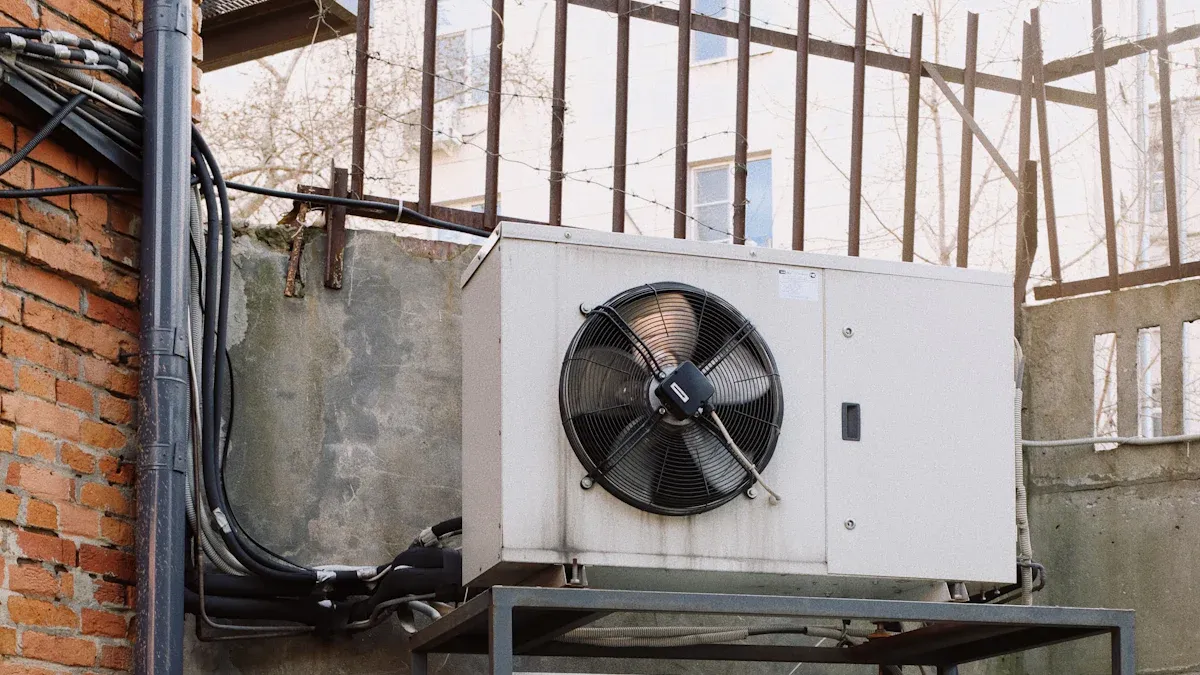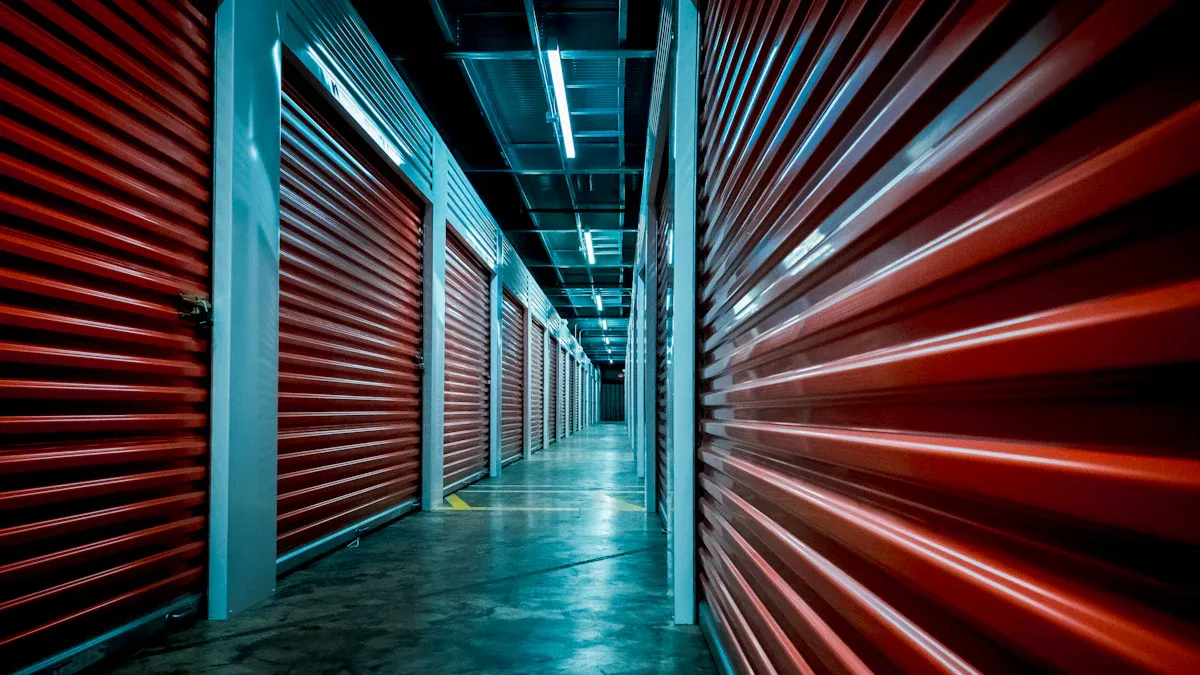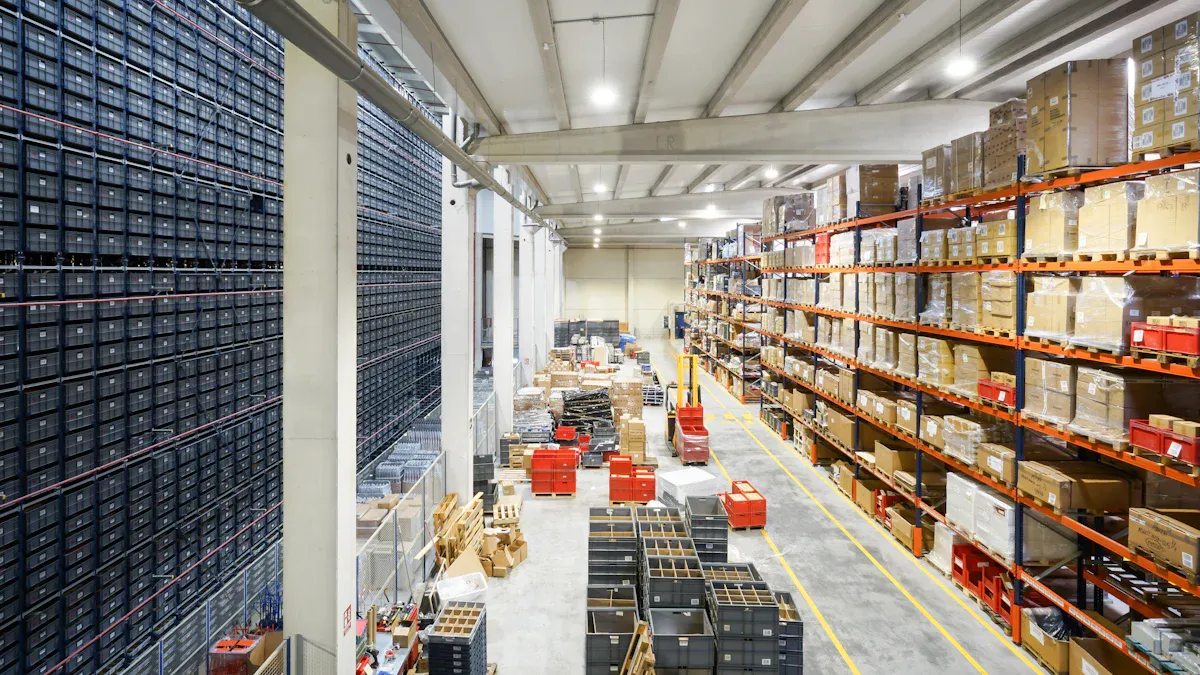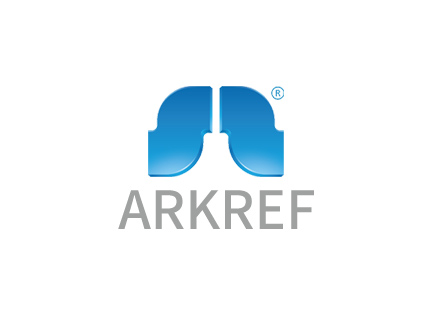Exploring Cold Storage and Its Role in Modern Industries

Cold storage helps you keep things like food and medicine cold. This stops them from going bad too fast. Using the right temperature keeps items safe. It slows down bacteria. This helps products stay fresh for a longer time.
The cold storage market will grow from $145.6 billion in 2024 to $380.0 billion by 2035.
More people want frozen and processed foods now.
The pharmaceutical industry needs better places to store sensitive products.
E-commerce is growing. Online grocery and meal-kit delivery are changing how cold storage is used.
What Is Cold Storage?

Definition and Purpose
Cold storage helps keep perishable goods safe and fresh. It means storing products in places with controlled temperatures. This slows down bacteria and keeps food or medicine from spoiling too soon. Many industries use cold storage warehouses to protect items that need special care.
Cold storage warehouses are important in today’s supply chains. People rely on them for many reasons:
They keep temperature-sensitive products at the right temperature.
They help manage different cargo and sudden changes in demand.
They support the need for safe storage as the global market grows.
If you store things like vaccines or some foods, you need a cold storage warehouse. Some products, like medical supplies, need very strict temperature rules. For example, vaccines should never be warmer than 40°C. If you do not store them right, they can lose their strength. The World Health Organization says up to 25% of vaccines go bad each year because of poor temperature control.
Types of Cold Storage Warehouse
There are different types of cold storage warehouse for different needs. Each type is made to keep products at the right temperature.
Refrigerated warehouses: These are for products that need to stay cool but not frozen. Fruits, vegetables, and dairy products stay fresh here.
Frozen warehouses: These are for items that must stay below freezing. Meat, seafood, and ice cream need this kind of cold storage warehouse.
Blast freezers: These freeze products very fast. This keeps them fresh and stops bacteria from growing.
Pharmaceutical cold storage warehouse: These are for medicines and vaccines. They have strict temperature controls and backup systems.
Here is a table that shows a product and its best temperature range:
Product | Recommended Temperature Range |
|---|---|
Atosa MBF8502GR Freezer | -8°F to 0°F |
You must pick the right cold storage warehouse for your products. If you choose the wrong one, your goods can spoil or lose quality. Cold storage warehouses help keep products safe, follow industry rules, and deliver fresh items to customers.
Why Cold Storage Matters
Product Safety
It is important to keep perishable goods safe. Cold storage helps with this job. Cold storage slows down bacteria growth. This keeps food and medicine safe for longer. If you do not control temperature, things spoil fast. You could lose products and money.
Cold storage uses new technology to protect goods. Special systems watch the temperature all the time. These systems keep the temperature steady. This stops sudden changes that can spoil products.
Cold storage makes things safer in these ways:
New ways to preserve food slow down spoilage.
Smart inventory plans keep perishable goods safe.
Storing products the right way protects customers. It also helps you follow health rules. This keeps your business strong.
Quality and Shelf Life
You want products to look and taste fresh. Cold storage keeps quality high and shelf life long. If you store things at the wrong temperature, they can shrink or sprout. They can also lose moisture. These changes make products worth less.
Here is a table that shows how different things affect shelf life and quality:
Factor | Impact on Shelf Life and Quality |
|---|---|
Storage Duration | Important for moisture loss, shrinkage, and other changes. |
Temperature | High temperatures cause sprouting; low temperatures slow it. |
Physiological Changes | Includes sprouting and shrinking, which hurt market value. |
Temperature is very important. Keeping products cool slows down spoilage. It keeps fruits, vegetables, and medicines fresh longer. Cold storage helps you give better products to customers. It also helps you waste less.
Cold Storage in Key Industries

Cold storage facilities are important in many industries. They help the food industry, the pharmaceutical industry, and e-commerce. Each industry has its own needs for storing products that need certain temperatures. The right cold storage keeps products safe and fresh for customers.
Food and Beverage
You use cold storage when you buy fruit, vegetables, dairy, or meat. The food industry uses these places to keep food at the right temperature. This stops food from going bad and keeps it safe to eat. Different foods need different storage. Ice cream must stay frozen. Apples only need to stay cool.
Did you know? Cold storage helps stop food waste. It keeps food fresh longer. This means you get better food at the store.
The food industry has problems like spoilage and keeping track of food. You must store food at the right temperature. If not, you lose money and waste food. Cold storage helps by giving good temperature control and safe storage for all foods.
Pharmaceuticals and Healthcare
The pharmaceutical industry needs cold storage for things like vaccines, insulin, and some medicines. These items must stay in a certain temperature range. If not, the medicine can lose its power and be unsafe.
Cold storage in healthcare checks more than just temperature. It also checks humidity and other things. You need this control to keep medicine safe from the factory to the patient. Personalized medicine makes storage harder. You also need to solve delivery problems so products arrive safely.
E-commerce and Retail
Online shopping changed how you buy groceries and other things. E-commerce companies use cold storage to keep products fresh while shipping. You want your food or medicine to arrive in good shape, even after a long trip.
More people shop online for groceries and meal kits, so cold storage is needed more.
The U.S. commercial refrigeration market will grow from over $8 billion in 2024 to almost $12 billion by 2034.
Supermarkets and online grocery stores need better cold storage.
More people want fresh and organic food, so better temperature control is needed.
You need to track products and keep them at the right temperature from the warehouse to your home. Cold storage helps by giving safe storage and shipping for all products that need special temperatures.
Here is a table that shows how cold storage needs are different in each industry:
Industry | Key Requirements | Challenges |
|---|---|---|
Pharmaceuticals | Rigorous monitoring, temperature control, tracking of additional parameters | Complexity due to personalized medicine and last mile delivery issues |
Food and Beverages | Specific temperature requirements for diverse products, safety, and waste reduction | Preventing spoilage, ensuring food safety, and managing inventory effectively |
E-commerce | End-to-end traceability, maintaining product quality during shipping | Ensuring consistent temperature control throughout the delivery process |
You can see that each industry needs special cold storage. The right cold storage helps you give safe and high-quality products to customers every time.
Cold Chain Logistics
Supply Chain Integrity
You need the cold chain to keep products safe. It protects items from the warehouse to your home. The cold chain uses special systems at every step. These systems keep the right temperature. If you want food or medicine to stay fresh, the chain must not break. Delays or problems can make products spoil or lose strength. Risk assessment helps you find problems early. You can fix them before they hurt your supply chain.
Cold chain logistics use smart tools to work well. Here is a table that lists important parts and what they do:
Component | Function |
|---|---|
Automated Storage and Retrieval Systems (AS/RS) | Helps store and get goods quickly. This makes work faster and easier. |
Goods-to-Person Picking Stations | Gives workers a better place to work. This helps them work faster and safer. |
Pick-to-Light Systems | Shows workers what to pick in real time. This makes picking faster and more correct. |
Sorting Transfer Vehicles (STVs) | Moves and sorts goods without people. This keeps cold areas safer and saves time. |
Cold storage places work with big delivery networks. This helps you get products faster and safer. You also get extra help like packing, labeling, and sending out orders. These services keep the chain strong and protect the right temperature. Facilities use special trucks to deliver products at the right temperature. Inventory systems track batch numbers and temperature logs. This helps you know your products are safe.
Managers use real-time data and fault checks to stop spoilage. Smart loading docks work with coolers to save energy. The U.S. cold chain market will be worth over $75 billion by 2025. This shows how important it is to keep the supply chain strong for everyone.
Temperature Monitoring
You must check temperatures all the time in the cold chain. Keeping the right temperature keeps products safe and fresh. If you miss a change, you could lose good products. Many problems happen when checking or fridges do not work right. You can stop these problems by using good steps and strong storage like medical-grade fridges.
Watching temperatures all the time helps you find problems fast. Digital data loggers record temperatures every minute. If something is wrong, you can fix it quickly. Training your team and following good rules keeps the chain strong.
Here is a table that lists common tools for watching temperature:
Technology | Purpose |
|---|---|
CCT Route Pro | Helps manage medicine using weather data. |
CCT Lane Risk | Checks shipping lanes to keep the right temperature. |
You can use these tools to keep the right temperature everywhere. Managers use real-time data and fault checks to follow rules and keep products safe. When you use good steps, you keep the cold chain safe for everyone.
Effective Cold Storage
Facility Design
When you pick a cold storage facility, look for key features. Good temperature control keeps products safe and fresh. Strong refrigeration systems help keep the right temperature. Advanced monitoring technology checks temperatures all the time. You need strong insulation to keep the cold inside. Materials like polyurethane and polystyrene help lower energy bills.
A smart design uses strong walls and floors. This lets you store heavy goods and move them easily. Saving energy is important. Inverter freezers use special compressors to keep temperatures steady. They also save energy. You spend less on utilities and help the planet. LED lights can cut energy use by up to 90%. Many new warehouses use green building ideas and renewable energy. This lowers their impact on the earth.
Tip: Using good insulation and energy-saving systems saves money. It also protects your inventory for a long time.
You must follow strict rules for cold storage. Here is a table of common standards:
Compliance Standard | Description |
|---|---|
cGMP | Makes sure production is high quality |
GDP | Focuses on proper medicine distribution |
GxP | Covers rules for good practice |
Automation and Smart Technology
Modern cold storage uses automation and smart technology. These tools make work faster and safer. Automated mobile robots (AMRs) sort and move products quickly. AI gives real-time data to help you make better choices. Predictive analytics help you plan and stop problems early.
Here are some ways automation helps:
Mobile robotic sortation systems give flexibility and quick payback.
AI helps track inventory and manage tasks.
Robotics and smart analytics create self-optimizing warehouses.
The table below shows how automation helps in different areas:
Area of Automation | Benefits |
|---|---|
In-plant | Lower costs, better safety, more efficiency |
Staging | Higher productivity and safety |
Loading dock | Faster operations, less labor needed |
Drive approach | Better logistics and efficiency |
Yard | Safer and more productive |
Using these tools keeps products safe and makes your business strong.
Cold storage keeps food and medicine safe and fresh. It helps stop waste by making things last longer.
Cold storage saves lots of food every year by keeping it good to use.
New tools like IoT and automation help you watch temperature and energy right away.
Government rules tell you how to build and run these places, so safety and working well come first.
As more people need cold storage, you will see new ideas and better systems. This helps you give good products and meet what today’s industries want.
See Also
Understanding Cold Storage: Its Functionality And Importance
Seven Groundbreaking Innovations Transforming Cold Storage Logistics
Revolutionizing Goods Storage: The Impact Of Cold Rooms
Comparing Container Cold Rooms With Conventional Cold Storage

